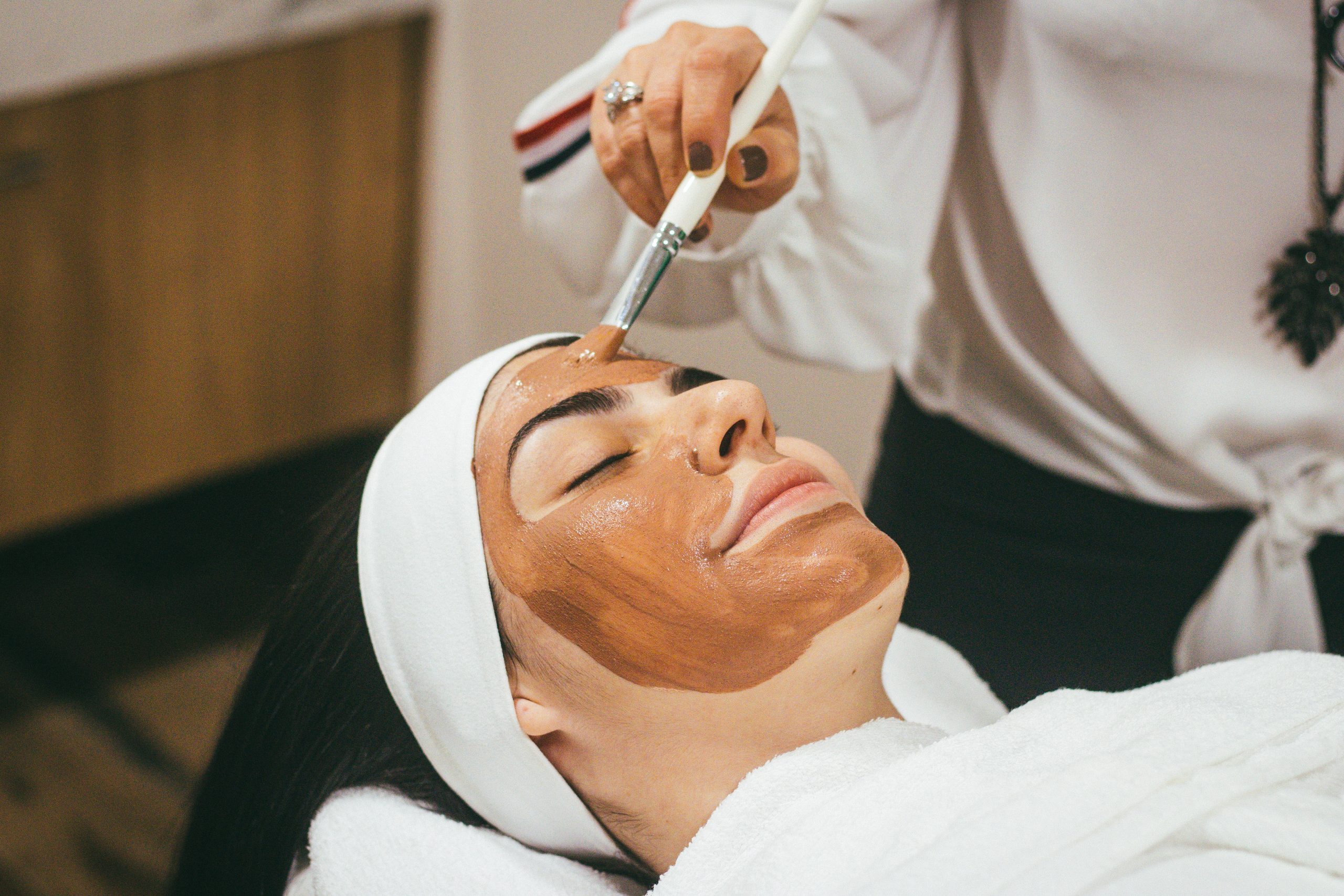Are you tired of searching for an effective and natural alternative to retinol in your skincare routine? Look no further! Allow me to introduce you to the wonders of bakuchiol. This powerful plant-based ingredient has been gaining popularity in the beauty industry as a safe and gentle alternative to retinol. Known for its ability to smooth wrinkles, improve skin texture, and boost collagen production, bakuchiol is quickly becoming a skincare favorite. Discover the role of bakuchiol and how it can revolutionize your skincare routine for a healthier and more youthful complexion.
Understanding Retinol
What is retinol?
Retinol is a derivative of Vitamin A and is an incredibly popular ingredient in skincare products. It is known for its ability to improve the appearance of fine lines, wrinkles, and other signs of aging. Retinol works by stimulating collagen production, increasing cell turnover, and reducing the activity of certain enzymes that break down collagen and elastin. Overall, retinol is highly effective in promoting a youthful and radiant complexion.
How does retinol work?
Retinol works by binding to specific receptors in the skin cells, which then activates a series of biochemical reactions. These reactions lead to an increase in the production of collagen and elastin, proteins that provide structure and elasticity to the skin. Additionally, retinol promotes the turnover of skin cells, helping to shed dead skin cells and reveal fresher, younger-looking skin. It also possesses antioxidant properties, which protect the skin against free radicals and environmental damage.
Benefits of retinol in skincare
Retinol offers a wide range of benefits for the skin. Firstly, it effectively reduces the appearance of wrinkles and fine lines by stimulating collagen production and improving skin elasticity. This leads to smoother, plumper skin, and a reduction in the depth of wrinkles. Additionally, retinol can help fade hyperpigmentation and sunspots, resulting in a more even skin tone. It is also beneficial for acne-prone skin, as it helps regulate oil production and prevents clogged pores. With consistent use, retinol can give the skin a youthful, radiant, and healthy appearance.
Possible side effects of retinol
While retinol is highly effective, it can also cause some side effects, especially for those with sensitive skin. Common side effects include dryness, redness, and flakiness, particularly during the initial stages of use. Some individuals may also experience mild irritation, itching, or a stinging sensation. It is essential to start with a low concentration of retinol and gradually increase as tolerated. Additionally, retinol can increase the skin’s sensitivity to the sun, so it’s crucial to wear sunscreen daily and avoid excessive sun exposure.
Introduction to Bakuchiol
What is bakuchiol?
Bakuchiol is a natural compound derived from the seeds of the Psoralea corylifolia plant, also known as the babchi plant. It has gained significant attention in the skincare industry as a potential alternative to retinol. Bakuchiol offers similar anti-aging benefits to retinol but without some of the potential side effects associated with retinol use. It has been used for centuries in traditional Ayurvedic medicine for various skin issues, making it a promising ingredient in modern skincare.
Similarities between bakuchiol and retinol
Bakuchiol and retinol share several similarities in how they affect the skin. Both compounds stimulate collagen production, resulting in firmer and more elastic skin. They also enhance cell turnover, promoting the shedding of dead skin cells and the regeneration of new ones. Furthermore, bakuchiol and retinol possess antioxidant properties, protecting the skin from environmental damage and reducing the risk of premature aging.
Differences between bakuchiol and retinol
While bakuchiol and retinol have similar effects on the skin, there are some essential differences between the two compounds. One significant difference is their origin, with retinol being a synthetic derivative of Vitamin A and bakuchiol being a natural plant extract. Bakuchiol is also considered to be gentler on the skin, making it suitable for individuals with sensitive skin or those unable to tolerate retinol. Additionally, unlike retinol, bakuchiol does not cause sun sensitivity, reducing the risk of increased sun damage.
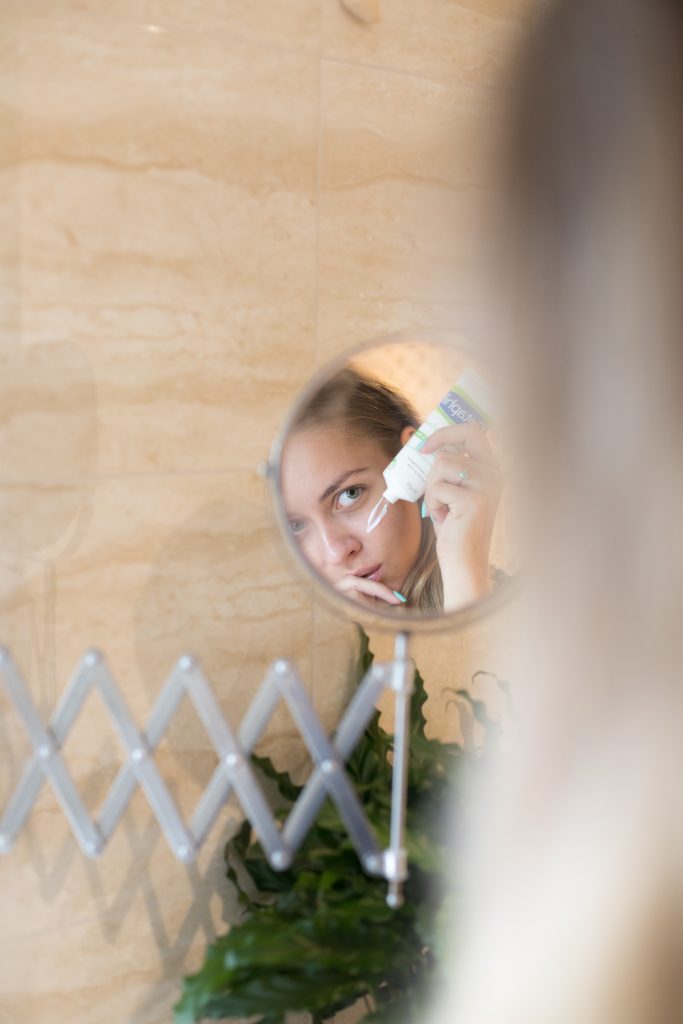
Benefits of Bakuchiol
Anti-aging properties
Similar to retinol, bakuchiol possesses powerful anti-aging properties. It stimulates collagen production, which helps improve skin strength and elasticity. The increased collagen production also aids in reducing the appearance of wrinkles, fine lines, and sagging skin. By encouraging the production of collagen and elastin, bakuchiol can effectively prevent the signs of aging and promote a youthful complexion.
Reduces the appearance of wrinkles
One of the main reasons individuals turn to retinol is its ability to reduce the appearance of wrinkles. Bakuchiol, as a natural alternative to retinol, offers a similar benefit. Its collagen-boosting properties help plump the skin, smoothing out fine lines and wrinkles. Regular use of bakuchiol can significantly improve the overall texture and tone of the skin, providing a more youthful and radiant appearance.
Enhances skin elasticity
Loss of skin elasticity is a common sign of aging. Bakuchiol helps combat this issue by promoting collagen production, which is essential for maintaining skin firmness and elasticity. With regular use, bakuchiol can help improve skin elasticity, resulting in a more lifted and toned appearance. This enhancement in skin elasticity can contribute to a more youthful and vibrant complexion.
Brightens skin tone
Another notable benefit of bakuchiol is its ability to brighten the skin tone. It reduces hyperpigmentation, dark spots, and uneven skin tone, resulting in a more radiant complexion. Bakuchiol’s antioxidant properties also aid in neutralizing free radicals and preventing further damage to the skin. With consistent use, bakuchiol can significantly enhance the overall brightness and luminosity of the skin.
Safety and Gentleness
Less irritating than retinol
Retinol is notorious for its potential to cause skin irritation, especially during the initial stages of use. However, bakuchiol offers a gentler alternative without compromising efficacy. Many individuals with sensitive skin who are unable to tolerate retinol find bakuchiol to be a suitable option. It has a lower likelihood of causing dryness, redness, or flakiness, making it more comfortable to use for those with delicate or reactive skin.
Suitable for sensitive skin
Bakuchiol is well-suited for sensitive skin types. Its natural formulation makes it a gentle alternative for individuals who experience irritation with other retinol products. Bakuchiol is free from common irritants and is non-sensitizing, making it an excellent option for those with sensitive or easily irritated skin. It provides the anti-aging benefits of retinol without causing unwanted side effects.
No sun sensitivity
Unlike retinol, bakuchiol does not cause sun sensitivity. This means that individuals using bakuchiol in their skincare routine do not have to worry about increased sun damage or the need for extra sun protection. However, it is important to note that sunscreen should still be used regularly to protect the skin from harmful UV rays. Bakuchiol’s lack of sun sensitivity makes it a more convenient option for daily use, regardless of sun exposure.
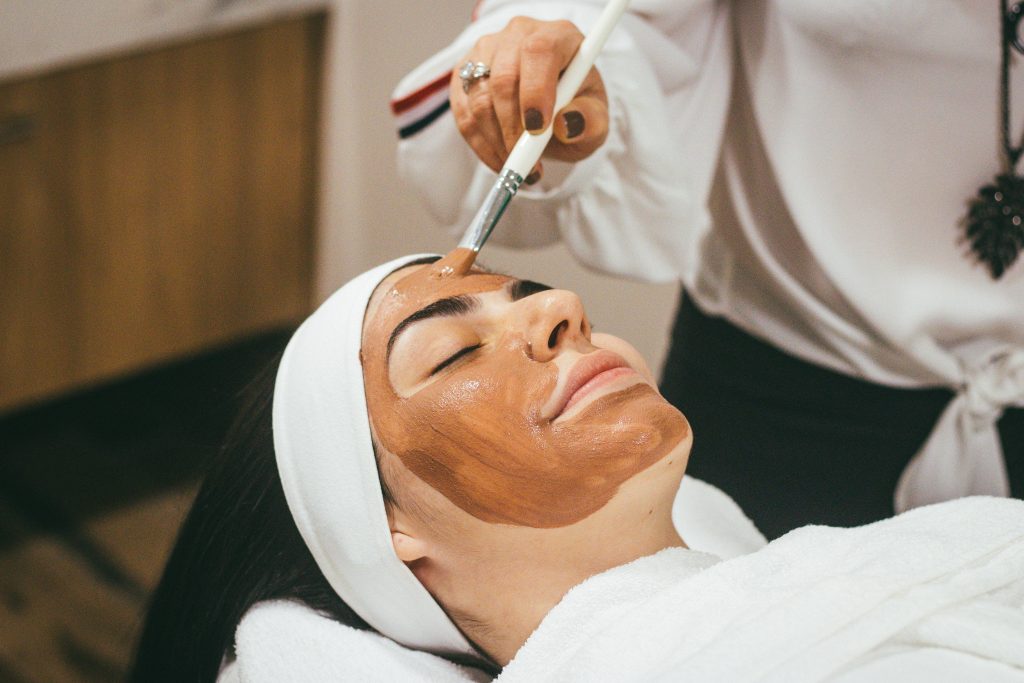
How Bakuchiol Works in Skincare
Stimulates collagen production
Like retinol, bakuchiol stimulates the production of collagen, a vital component of healthy skin. By increasing collagen levels, bakuchiol helps to maintain skin firmness, reduce the appearance of wrinkles, and promote overall skin elasticity. Collagen is responsible for providing structure and support to the skin, and its stimulation leads to a more youthful and plump complexion.
Boosts cell turnover
Bakuchiol promotes the turnover of skin cells, resulting in a more refreshed and rejuvenated appearance. By increasing cell turnover, it aids in shedding dead skin cells and revealing newer, healthier skin cells. This process contributes to a smoother and more even skin texture, while also helping to reduce the visibility of pores and blemishes.
Antioxidant properties
Bakuchiol exhibits antioxidant properties, protecting the skin from damage caused by free radicals. Free radicals are unstable molecules that can result from exposure to environmental factors such as UV rays and pollution. These molecules cause oxidative stress, leading to premature aging and skin damage. Bakuchiol’s antioxidant properties neutralize free radicals, minimizing their harmful effects and maintaining the skin’s health and vitality.
Reduces hyperpigmentation
Hyperpigmentation, characterized by the appearance of dark spots and uneven skin tone, can be a common concern. Bakuchiol helps reduce hyperpigmentation by inhibiting the activity of tyrosinase, an enzyme responsible for melanin production. By regulating melanin production, bakuchiol promotes a more even skin tone and reduces the visibility of dark spots and discoloration.
Research and Studies
Bakuchiol vs. retinol studies
Several studies have compared the effects of bakuchiol and retinol on the skin, with promising results. One study published in the British Journal of Dermatology found that bakuchiol performed similarly to retinol in improving wrinkles, elasticity, and overall photodamage. Another study published in the International Journal of Cosmetic Science compared the two compounds in terms of anti-aging effects and found bakuchiol to be well-tolerated and effective in reducing wrinkle surface area and hyperpigmentation.
Effectiveness of bakuchiol in skincare
The effectiveness of bakuchiol in skincare has been demonstrated in various studies and clinical trials. These studies have shown that bakuchiol can improve the appearance of wrinkles, fine lines, and hyperpigmentation. Additionally, bakuchiol has been found to have a significant impact on skin elasticity, firmness, and overall texture. These findings support the use of bakuchiol as a valuable ingredient in skincare formulations.
Clinical trials and results
Clinical trials involving bakuchiol have yielded promising results. In a randomized, double-blind, placebo-controlled study published in the British Journal of Dermatology, participants using bakuchiol experienced significant improvements in wrinkles, pigmentation, elasticity, and overall appearance compared to the placebo group. Another clinical trial published in the Journal of Cosmetic Dermatology showed that bakuchiol improved skin firmness, brightness, and overall elasticity.
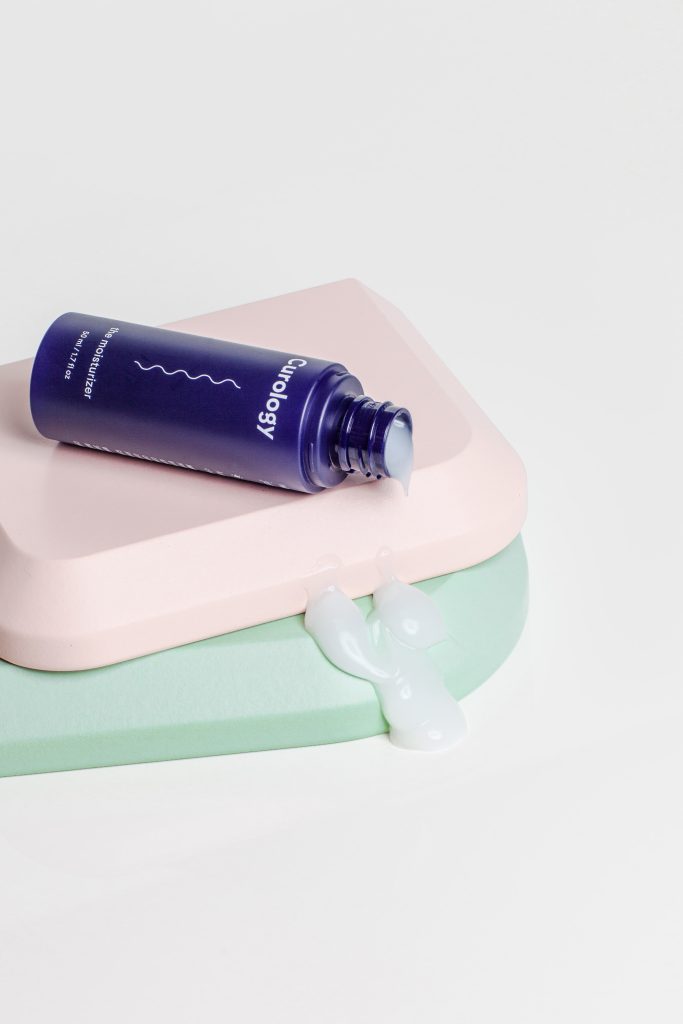
Using Bakuchiol in Your Skincare Routine
Finding bakuchiol products
Bakuchiol can be found in various skincare products, such as serums, creams, oils, and moisturizers. When looking for bakuchiol products, it is essential to choose reputable brands that use high-quality, pure bakuchiol. Reading product labels and customer reviews can help you determine the legitimacy and effectiveness of a particular product. Additionally, consulting with a dermatologist or skincare professional can provide valuable recommendations and guidance.
How to incorporate bakuchiol in your routine
To incorporate bakuchiol into your skincare routine, start by introducing it gradually. Begin by using it once or twice a week, then gradually increase the frequency as your skin adjusts. Apply a thin layer of bakuchiol product to clean, dry skin, focusing on areas of concern or areas prone to aging. Allow the product to fully absorb before applying additional skincare products or makeup.
Tips for using bakuchiol effectively
To maximize the benefits of bakuchiol in your skincare routine, there are a few tips to keep in mind. Firstly, consistency is key. Regular and consistent use of bakuchiol will yield the best results over time. It is also essential to follow the product instructions and use the recommended amount. Additionally, consider pairing bakuchiol with other compatible skincare ingredients, such as hyaluronic acid or niacinamide, to enhance its effects. Finally, remember to practice good sun protection habits, including wearing sunscreen daily, as it is essential for maintaining the overall health and appearance of the skin.
Potential Side Effects and Precautions
Minimal side effects
Compared to retinol, bakuchiol has minimal side effects. However, some individuals may still experience mild skin irritation, especially if using a high concentration or if their skin is particularly sensitive. Symptoms may include redness, dryness, or a mild stinging sensation. If these side effects persist or worsen over time, it is advisable to reduce the frequency of use or discontinue use altogether.
Patch testing
Before incorporating bakuchiol into your skincare routine, it is recommended to conduct a patch test to check for any adverse reactions. Apply a small amount of the product onto a discreet area of skin, such as the inner forearm, and observe for 24-48 hours. If no redness, irritation, or other negative reactions occur, the product is likely safe for use. If any irritation or discomfort occurs, it is best to avoid using the product on the face or other sensitive areas.
Consulting with a dermatologist
If you have any concerns or questions about incorporating bakuchiol into your skincare routine, it is always advisable to consult with a dermatologist. A dermatologist can assess your specific skin concerns, recommend suitable products or concentrations, and provide personalized guidance based on your skin type and needs. Consulting with a skincare professional ensures that you make informed decisions about your skincare routine and helps optimize the results you desire.
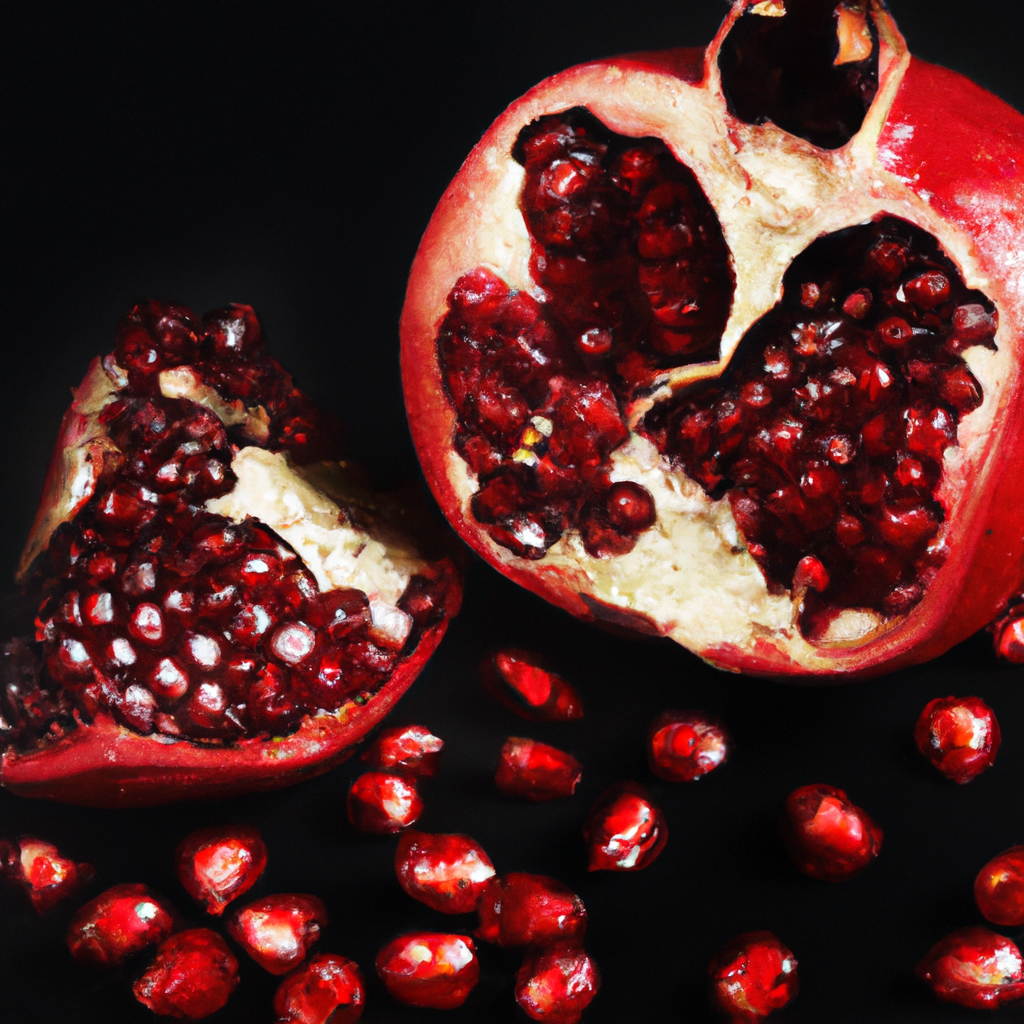
Conclusion
Bakuchiol is a natural alternative to retinol with a host of beneficial properties for the skin. It offers similar anti-aging benefits to retinol, such as reducing wrinkles, enhancing skin elasticity, and brightening the complexion. Additionally, bakuchiol is less irritating and more suitable for sensitive skin types compared to retinol. It does not cause sun sensitivity, making it a convenient option for daily use. Research and clinical studies support the effectiveness of bakuchiol in improving various skin concerns. Incorporating bakuchiol into your skincare routine can provide visible improvements in the overall appearance and health of your skin. As more research continues to emerge, bakuchiol is poised to play an essential role in the future of skincare as a natural and gentle alternative to retinol. Whether you have sensitive skin or are simply looking for a natural alternative, bakuchiol is a promising option worth considering.



